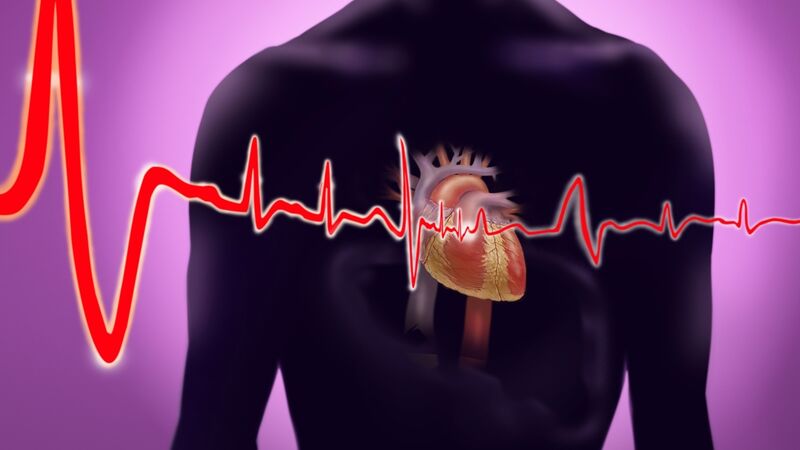New gel injection may prevent further heart damage after a heart attack

Heart disease is a leading cause of death, due to the irreversible damage caused to the heart muscle or cardiac tissue during a heart attack. Picture: Science Photo Library
A new gel injection may help to heal the heart muscle of people who suffered a heart attack, according to new research from NUI Galway.
Staff at the CÚRAM medical devices research centre, along with researchers from the University of Valladolid in Spain, have developed an injectable hydrogel that could help repair and prevent further damage to the heart muscle after a heart attack.










